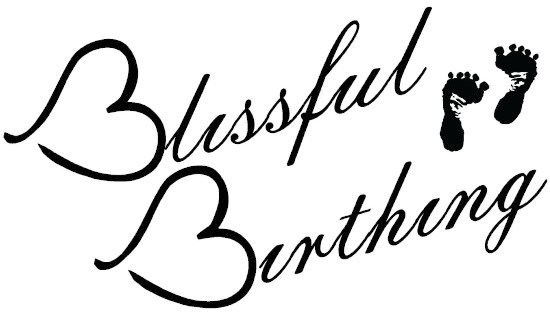In this age of the internet, information is readily available. Add in anecdotes from well-meaning friends and family and it can be overwhelming to disseminate what is current and accurate from what is outdated and a myth. We wanted one of our Certified Lactation Counselors (CLC) to address some of the most common breastfeeding myths that we’ve seen floating around.
Common Breastfeeding Myths – BUSTED!
(Dark) Beer Boosts Milk Supply
This is false for a few reasons.
- Beer has a diuretic effect, which is why you may notice you have to go to the bathroom more after consuming beer. In order to maintain your level of hydration, you must increase your water intake. Your breast milk supply is influenced by your level of hydration, so drinking beer to help increase your milk supply would not work.
- It is the brewer’s yeast in beer that is believed to help increase milk supply (in addition to being a good source of iron, chromium, selenium, and B vitamins). If you want to try brewer’s yeast to help increase your milk supply, you can buy it as a powder or pill. However, bear in mind that it may make some mothers (and babies) more gassy. You should increase your water intake to help decrease the likelihood of this side effect.
If your baby is always nursing, you don’t have enough milk
This is not true, especially in the first month of your baby’s life. Breast milk production occurs on a demand and supply principle – the greater the need for breast milk, the more your body will produce. When your baby is at the breast more than usual, they are letting your body know that they need more milk. In turn, your body begins working to product milk to meet this need. After 3-6 weeks your baby will have regulated your milk supply and you will likely notice a drop in “cluster feeding.”
It is important to remember that your baby’s stomach is very small and that breast milk is easily broken down. It is expected that your baby will have smaller meals more frequently.
Supplementing with formula is necessary until your milk comes in
While I don’t want to discount the need for supplementation in some instances, the recommendation for supplementing breastfeeding with formula is more common than needed. As we mentioned above, nursing your baby will help to regulate your milk supply; just because your baby is frequently at the breast does not mean that supplementation is necessary.
When would it be necessary to supplement breastfeeding with expressed breast milk or formula?
- when baby is slow to regain birth weight (longer than 10-14 days)
- if baby is showing signs of dehydration
- hypoglycemia (low blood sugar)
- baby is still passing meconium 3-4 days after birth
- your milk supply is not increasing by day 4
- a premature baby is not feeding well at the breast
There is no medical reason to default to supplementation from birth.
Sober Enough to Drive, Sober Enough to Nurse
This ‘saying’ only refers to safely handling your baby. So if you are not sober enough to drive, you should not be handling your baby. Alcohol clears from breast milk at the same rate that it clears from the blood. While you may not feel tipsy from one drink, alcohol is still in your blood stream, and thus in your milk. “Although a breast-fed baby is exposed to just a fraction of the alcohol his or her mother drinks, a newborn eliminates alcohol from his or her body at only half the rate of an adult.*”
Best evidence from Mayo Clinic suggests waiting until alcohol has completely cleared from your blood stream before nursing your baby. I’ve linked the information at the end of this blog.
Certain foods will make my breast milk more creamy or fattier for my baby
The gross macronutritional composition of your breast milk is not effected by your diet (unless you are severely malnourished). If you do not take in enough of the nutrients that are needed for well-balanced breast milk, your body will extract those nutrients from your body (calcium from your bones, protein from your muscles, etc).
Other Blogs
Alcohol and Breast Milk
10 Tips for Breastfeeding Success
Boost Your Milk Supply – A CLC Take on Galactogogues
Additional Resources
Mayo Clinic – Breastfeeding and Alcohol
The information in this article reflect the opinions of Rebecca Tucci, CLC. This article is for informational purposes only. It does not take the place of consultation with your baby’s pediatrician.

